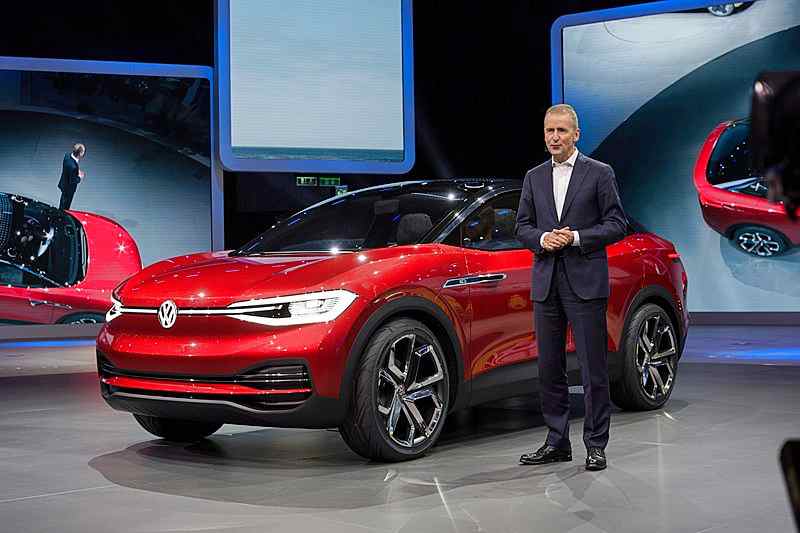Herbert Diess, President of the Volkswagen Group, has given an interesting interview to the German press in which he reiterates his full support for the transition of the transport sector in Europe with the measures imposed by the EU. He also positions himself on the proposal to raise fuel taxes, and even dares to set an end date on which electric cars will be imposed on conventional ones in the economic aspect.
For the head of the German group, the transport sector is crucial for reducing polluting emissions, which is why they fully support the reduction objectives of the European Union and its North American version, the Green Deal.
For Mr. Diess, it is necessary to end the current situation and reduce polluting emissions in the coming decades. Something that will have a lot to do with the sale of electric cars and the reduction of diesel and gasoline car registrations.
Regarding putting an end date for sale as some markets are doing, the German leader indicates that it will not be necessary since technology will be responsible for making the transition, even before what many have marked. For Diess, “at the latest, in 2026, the electric car will be a better option from a technical and economic point of view”.
To accelerate Volkswagen’s transition, the affected the proposal launched a few weeks ago that supports the request to end the tax reductions for diesel to equalize its cost with gasoline and discourage its adoption.
But this position of Volkswagen is clashing with the many interests that still drive the large groups’ economy. The conflict with the suppliers is inevitable and will force both parties to seek agreements that allow a transition as quickly as possible, but that is not traumatic. Something that will have to come with tough negotiations with suppliers and unions that shadow the threat of Chinese manufacturers looming through the window with increasingly competitive products.
Simultaneously, from Volkswagen, it has been confirmed that they will not meet the emissions targets for 2020 “for very little,” something that is mostly to blame according to the brand for not having managed to meet its production targets for electric cars.

